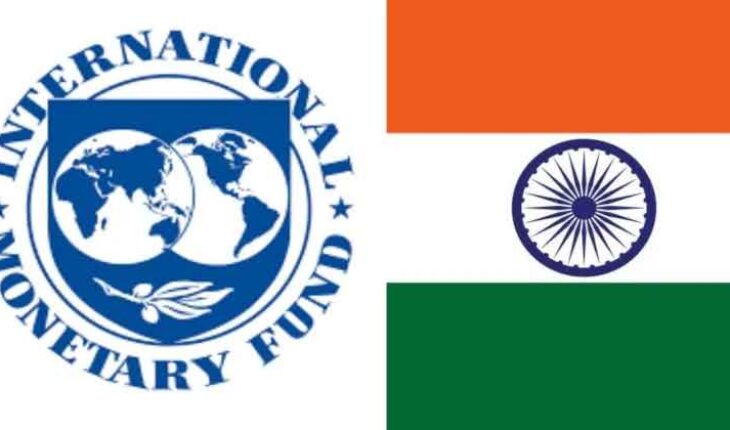India’s Finance Ministry recently issued a statement clarifying its position in response to the International Monetary Fund’s (IMF) recent Article IV consultations with India. These consultations, a routine exercise conducted by the IMF with member nations, involve comprehensive discussions on economic and financial developments and result in a detailed report reviewed by the IMF’s executive board. The Ministry’s statement, following four days after the IMF released its India consultation details, aimed to address “certain presumptions” made by the IMF. Particularly, it focused on the IMF’s view that adverse shocks could potentially escalate India’s general government debt to over 100% of GDP by 2027-28. The Ministry emphasised that this projection was based on a ‘worst-case scenario’ and not an inevitable outcome. It also highlighted that other countries, like the U.S., the U.K., and China, have been projected by the IMF to face much steeper debt scenarios in their respective ‘worst-case’ assessments. The statement draws attention to India’s resilience in the face of global economic shocks, such as the 2008 financial crisis and the COVID-19 pandemic. It also clarifies that the Ministry’s intent was not to rebut the IMF but to prevent misinterpretations of its observations. It is noteworthy that the IMF’s view of India’s fiscal position has evolved positively over the past year. In 2022, concerns were raised about India’s fiscal space; however, recent assessments suggest moderate sovereign stress risks. This shift in perception is largely attributed to the Indian government’s success in meeting fiscal deficit targets, with central government debt around 57% of GDP last year. The Ministry’s reaction to the IMF report may have inadvertently drawn more attention to the concerning aspects of the report. However, India’s focus must remain on reducing debt and adhering to fiscal deficit targets. The commitment to reduce the deficit to 4.5% of GDP by 2025-26 from an estimated 5.9% this year is crucial.
Decoding India’s stance on IMF’s economic outlook
Published Date: 30-12-2023 | 4:49 am




